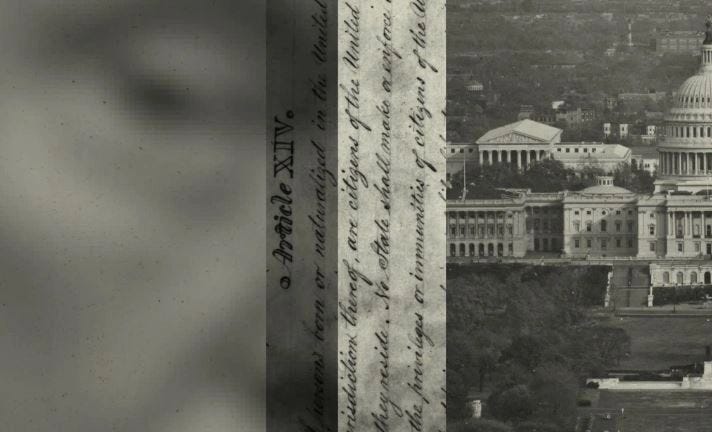Three years have given me some perspective on the events of January 6 and I must admit I would change what I said in my essay four days after. It was only a small portion of Trump supporters - maybe 1 in 30 - who entered the Capitol that day. And many of those were no doubt simply looky-loos, not truly intending to subvert the functions of our government.
And I believe after this time I have finally come to understand Trump's delay in taking any action against those few rioters: he was just waiting to see if they would be tough enough, to see if they could gather the strength needed to do what needed to be done. Like if your brother annoys you, but then he stumbles near a cliff and is left hanging: do you go and help him right away, or do you maybe wait a bit and see what happens?
Trump waited as long as he could, but once he saw Brother Democracy pulling itself up off the precipice, he had to grudgingly admit it was safe (for now). The reason he could no longer support the mob wasn't because they were breaking the law. It was because the cops were catching them. Law enforcement officers were the ones showing the needed toughness... to Trump's obvious chagrin.
Trump is a master equivocator: no matter what you're looking for, you can find it in his words. I very much doubted he had himself "engaged in insurrection or rebellion," even if some of his words had led a handful of his followers to do so. But NYTimes columnist David French just wrote a helpful reminder about 14A: an officer of the United States need not have participated, but merely given "aid or comfort" to insurrection. On that count, I believe the Supreme Court has strong grounds to uphold the letter and spirit of the law and keep Trump off primary ballots, and I hope they do.




